The Victoria Era
Victoria Justice's talents catapulted her into the spotlight as a child star. But with almost two decades in the industry, she's ready to launch a music career that shows who she is now.
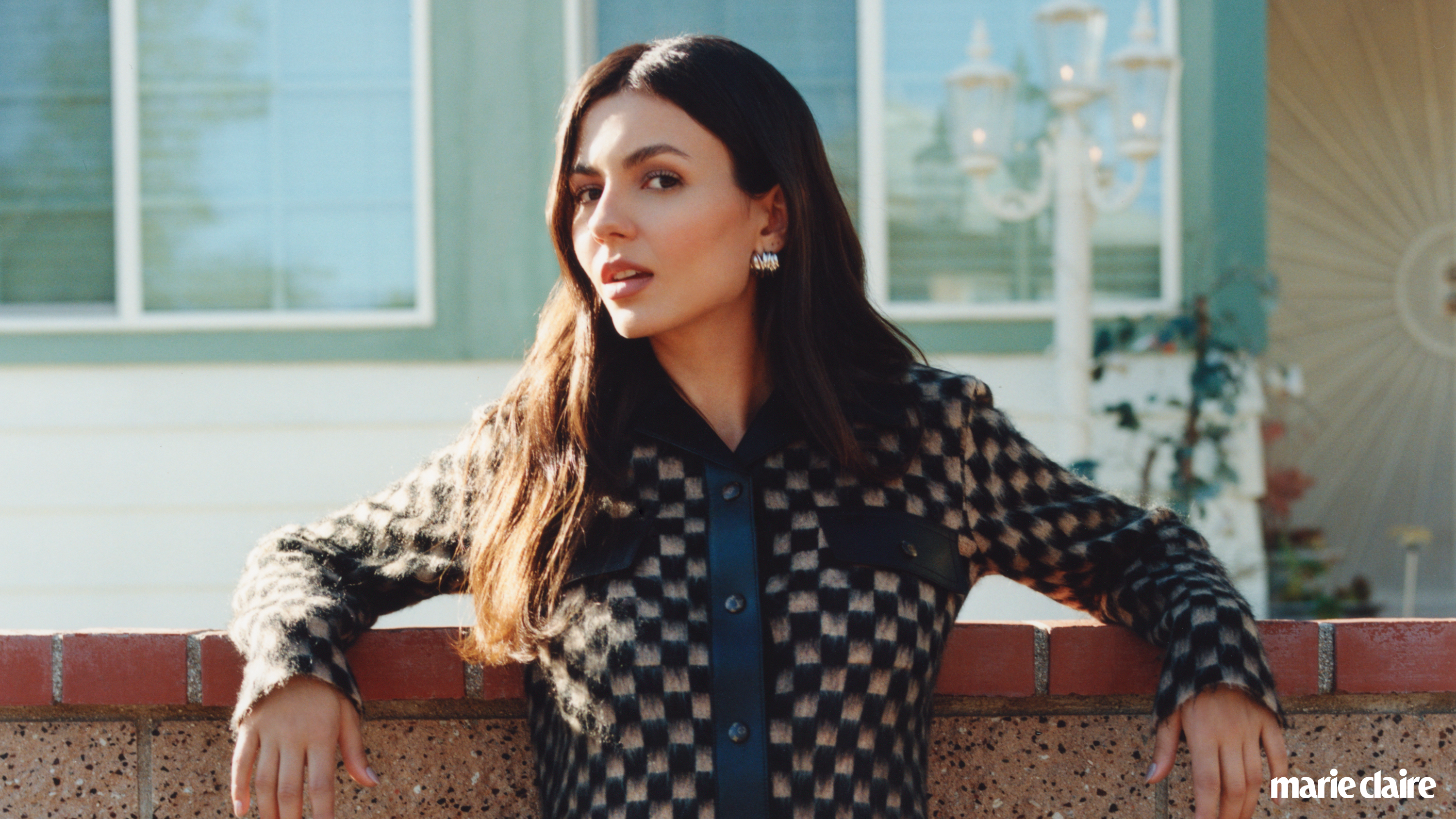
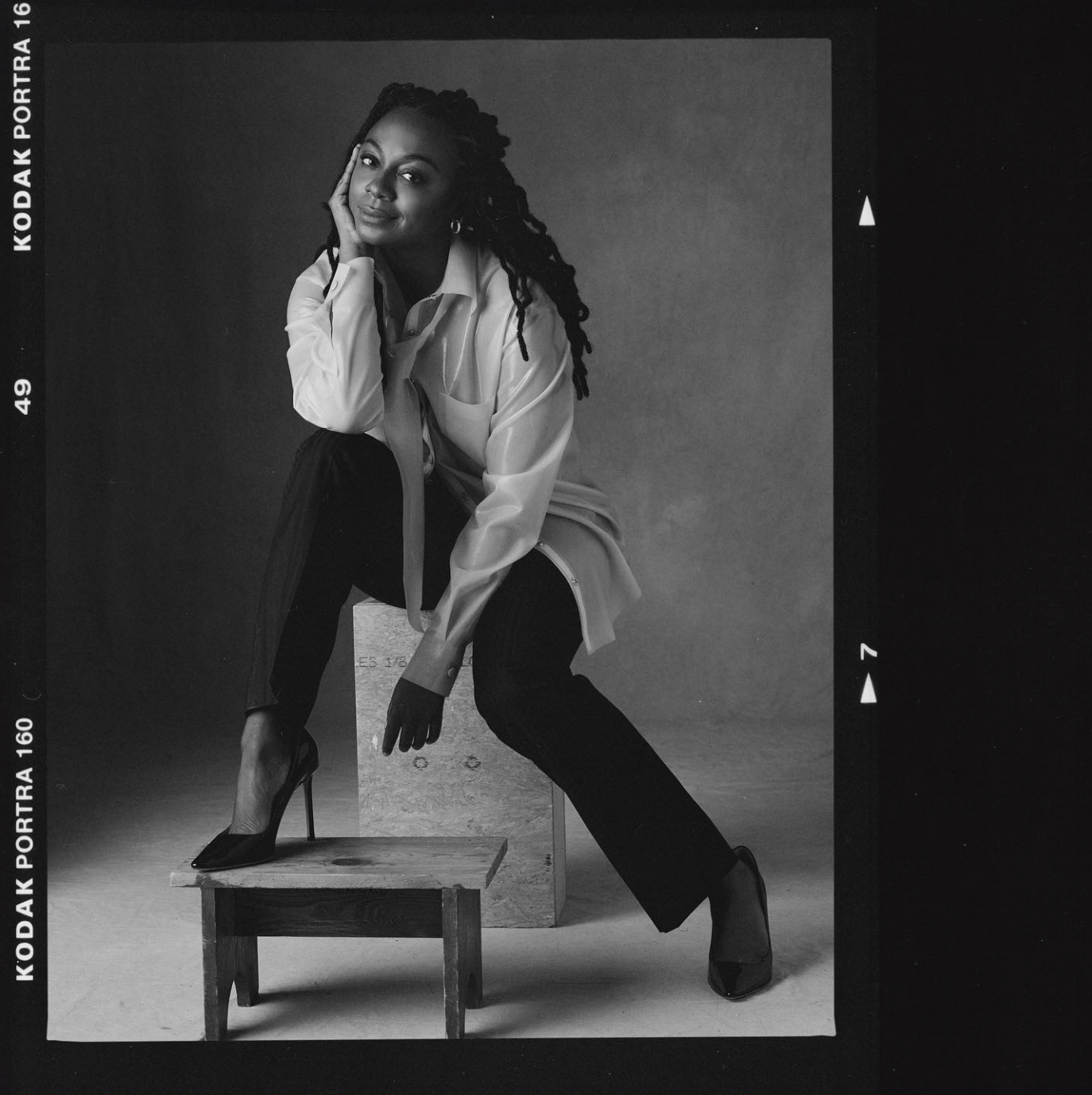
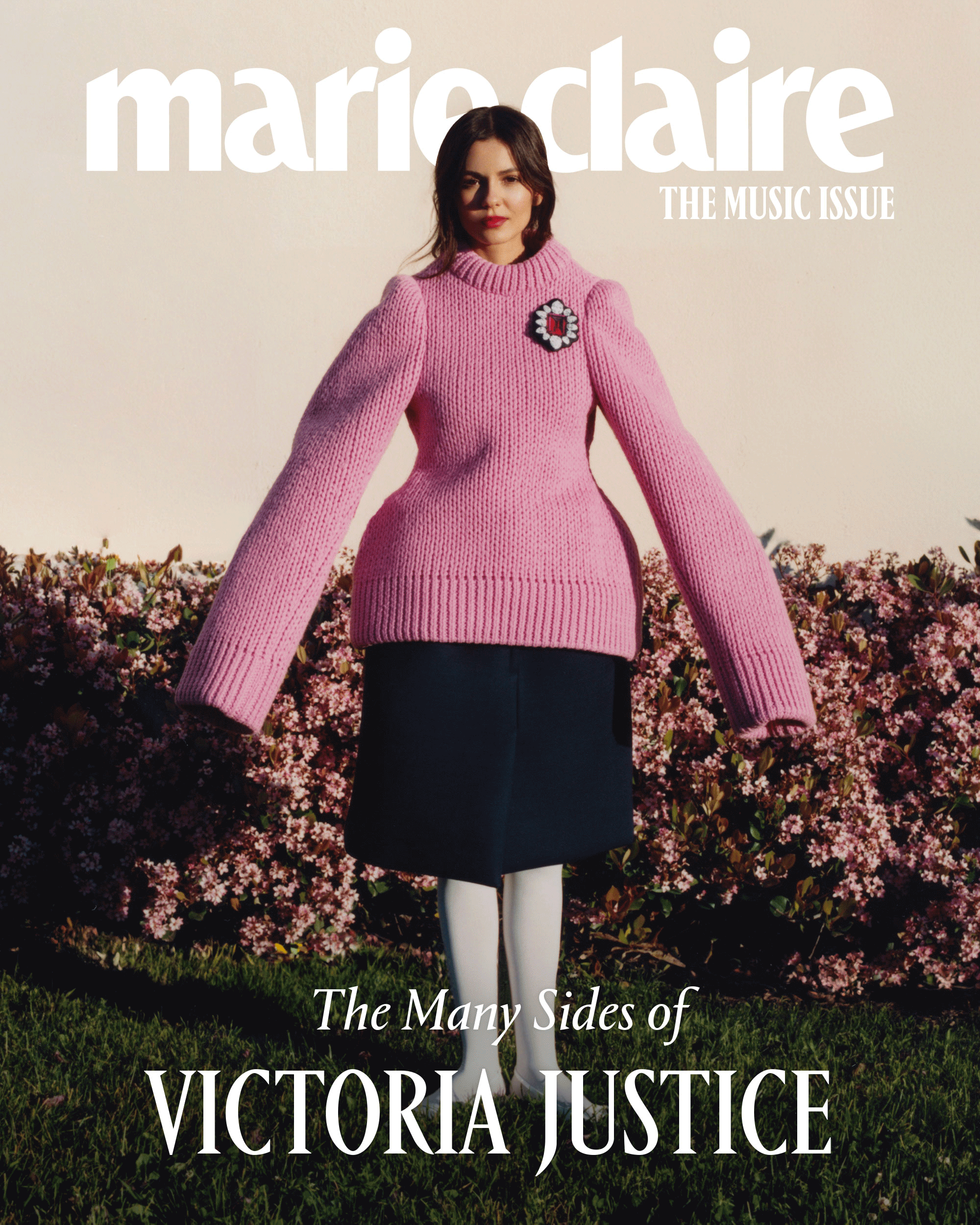
Read more from our Music Issue
Growing up, Victoria Justice had two posters pinned up in her bedroom. One was of her erstwhile crush Aaron Carter, the swaggy, young pop star and rapper who died tragically in 2022. The other was of the bouncy punk band No Doubt, fronted by Gwen Stefani. So this year’s Coachella—Justice’s sixth—was particularly meaningful: Justice was able to catch the high-octane Stefani performing. “She’s so badass and bold and has such incredible energy,” Justice says, just a few days after the festival, as we sit curled up on sunken couches at her music producer Toby Gad’s home recording studio in Los Angeles.
It’s energy that Justice is summoning on this particular day. Justice dressed in an oversized black and white cardigan, gray cargo pants, and checkered Vans—tells me that she’s tired. A fact that she apologizes for; not that she needs to. She has been busy: Coachella was a mix of work and play; a brand partnership, a Billie Eilish DJ set, and dancing the night away at afterparty-cum-festival Neon Carnival. A few hours after our conversation, she’ll fly to Vancouver, where she'll start filming a pilot for a spin-off of USA's network drama Suits. On top of it all, she's been hard at work with Gad, putting the final touches on her newest single "Raw," which she’ll release a few days later.
Talking about music seems to reanimate Justice, though; almost as if the reminder that she’s a musician has poured caffeine into her system. For years, Justice, now 31, the former star of wildly popular Nickelodeon shows like Zoey 101 and Victorious has been eking out a music career alongside her acting one—mostly releasing music to accompany her starring roles—but her latest songs don’t have the ring of some standard-issue Nickelodeon soundtrack. In them, Justice sheds her pop-princess persona and wades into edgier territory as an independent artist.
Justice’s new sound—hyper-personal, straightforward, proving—is distinctly Stefani-esque. “Don’t Speak,” which was in part inspired by Stefani’s breakup with her bandmate Tony Kanal, “is one of my favorite songs of all time,” she says. “It’s one of the best—if not the best—breakup song ever written." Suddenly, she turns to Gad, seated at the control center in the studio—whose hits include Beyoncé's "If I Were A Boy" and Fergie's "Big Girls Don't Cry"—and quickly concedes, as if she remembers how many Grammys are technically in the room with us. "Well, you've written amazing [breakup songs, too]," she laughs. Gad and Justice describe themselves as "family," first working together on Victorious.
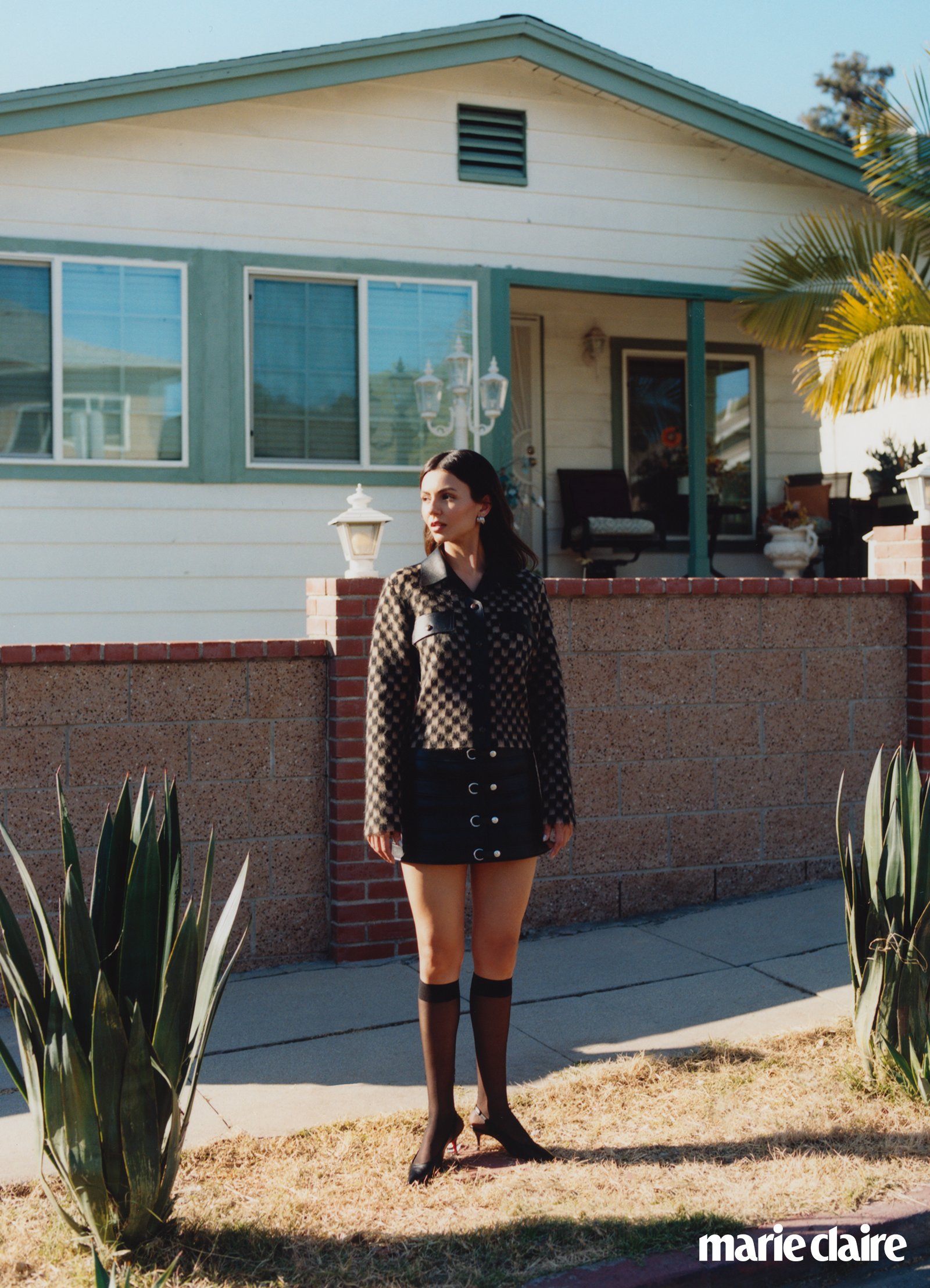
Louis Vuitton jacket and skirt; Christian Louboutin shoes; Completedworks earrings
Justice’s “Raw” isn’t a breakup song, but it was born out of her reflecting on romance. The chorus comes directly from the pages of her journal, a composition book she carries around. In it she writes about a relationship: what she wants, what she needs, what she’s getting, what she deserves. There’s a scribbled plea: "I want someone to love me for my awkward, my messy, my sad and all my sexy, my anxious, my lovely, my weird and all my ugly." Justice showed Gad the pages during a songwriting session and he immediately took out his guitar and strummed out a melody.
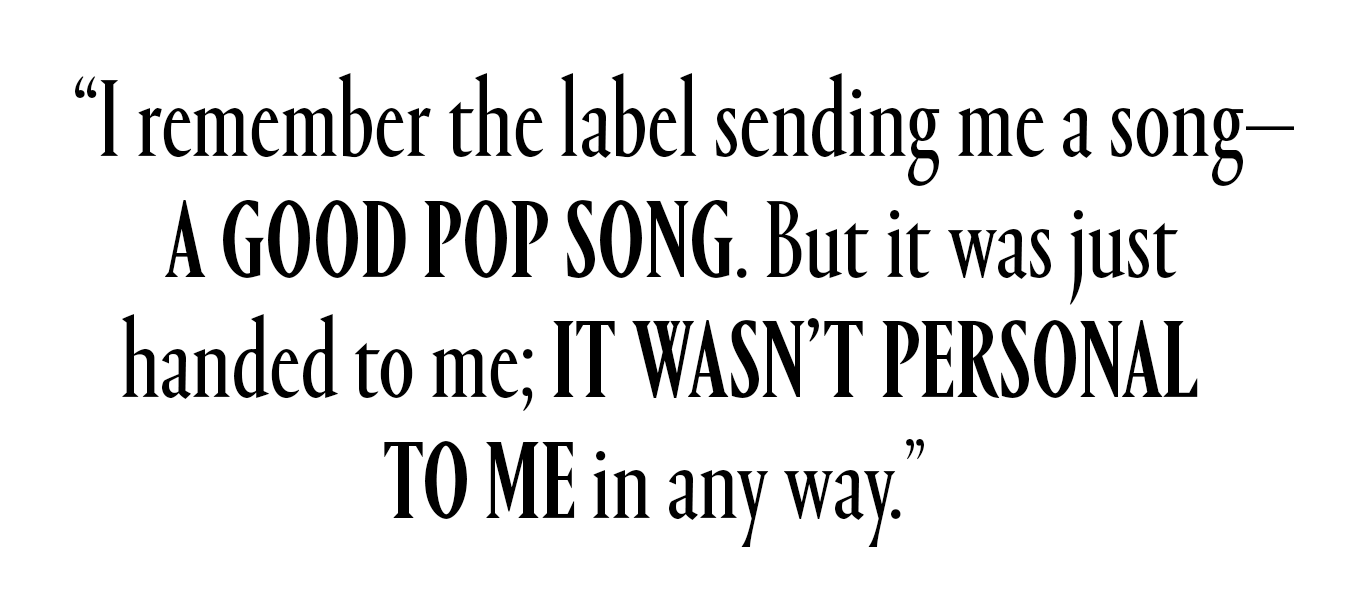
The song, which debuted in April, is sparse and pretty, succeeding because of its simplicity. "The lyrics are about wanting that sort of authentic, deep condition, and wanting someone to see you for all sides of yourself," Justice says. "In a way, it's empowering to be able to sing those lyrics," as if she were taking the most vulnerable parts of herself and extending them in her palm.
As we listened to it together, Justice sat with a smile on her face, bopping her head and pulsing her foot forward like she was accelerating a car—fitting for a song that feels like you'd belt it to yourself during a late night drive.
Stay In The Know
Get exclusive access to fashion and beauty trends, hot-off-the-press celebrity news, and more.
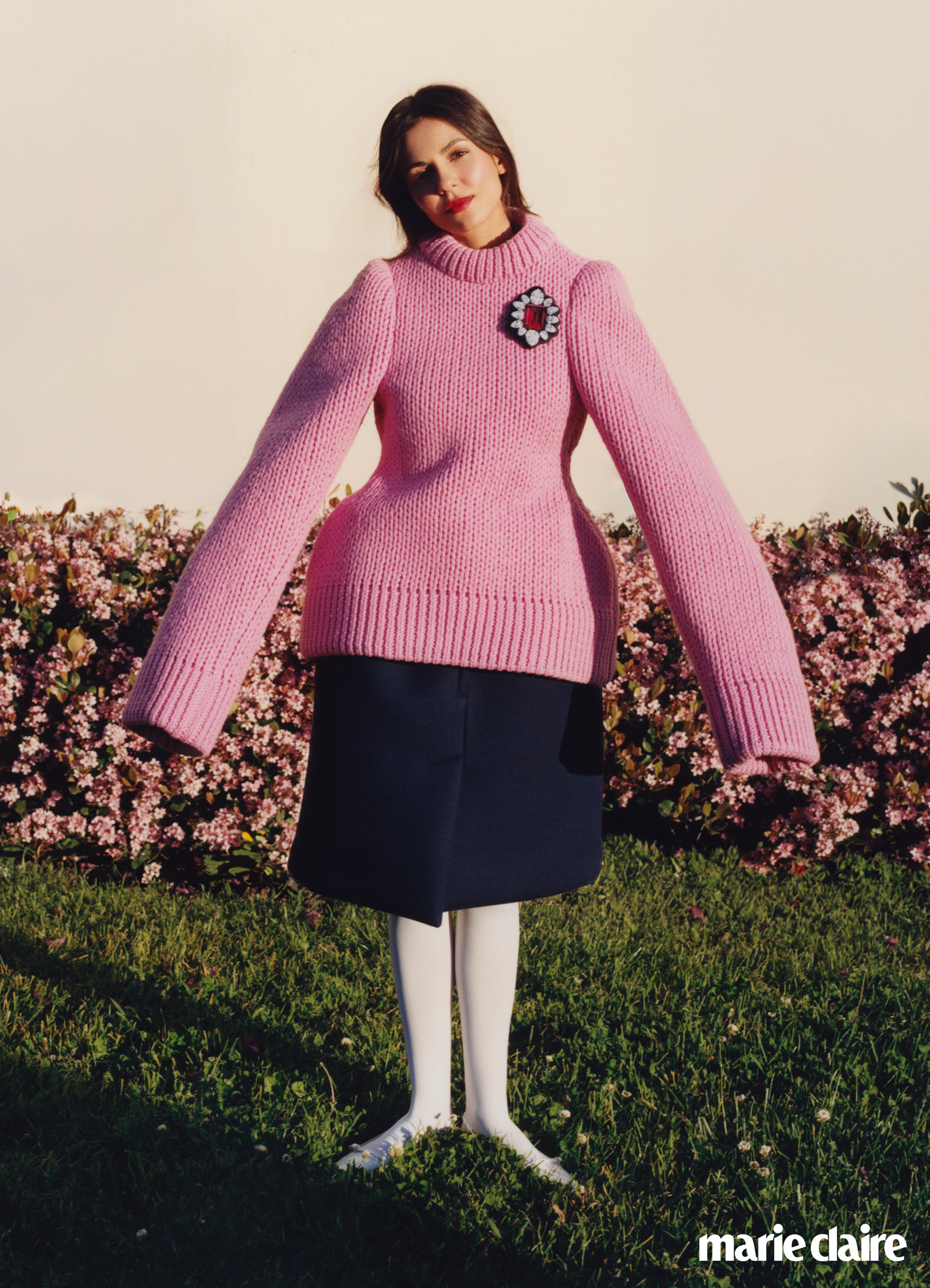
Marc Jacobs sweater and skirt; Larroude shoes
Gad hadn’t heard the song in almost a week, and playing it reminded him of how genuine it sounded. "Usually when I collaborate I always want artists to bring something authentic of their own, something that means something to them, something that's real," he says. With “Raw” Justice had done just that. "[The song] was written out of your life at that moment," Gad says, turning to speak directly to Justice. She had just started dating someone and found herself already anxious about the future. Everything was shiny and pretty, but what if they got to know each other and it all fell apart? (The relationship didn't work out, but "Hey, I got a good song out of it," Justice quips.) "It's a snapshot of your life,” Gad continues. “It has a message, and it says something about you—that's what I love."
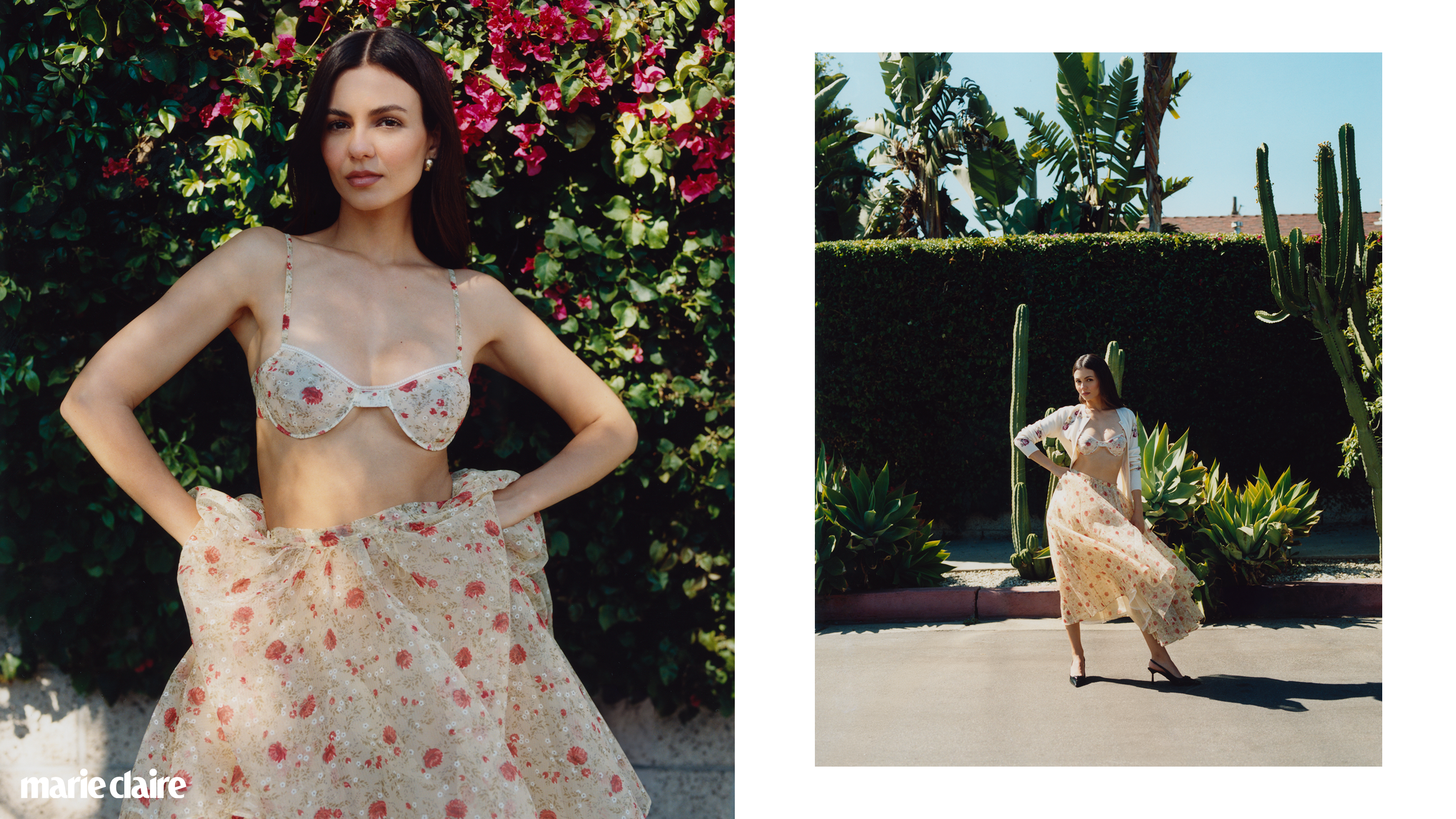
Prada cardigan, bralette, skirt, and shoes
As a single, it encapsulates what Justice wants to do most with her music: help people feel less alone, mostly by being honest about herself.
The duo plays one more song for me, a twinkly and steamy track that's a departure from some of her earlier work. Justice is more nervous about this one; it’s still a work in progress, pegged for a summer release. It's not mixed or mastered, and she's still sifting through some background vocals. Still, it reminds me of Beyoncé's "Baby Boy," similarly a soundtrack for a hot summer fling. Gad presses play, and he and Justice start jamming, nodding their chins perfectly in tune. "You can definitely tell we wrote this with a view of the ocean," Justice laughs.
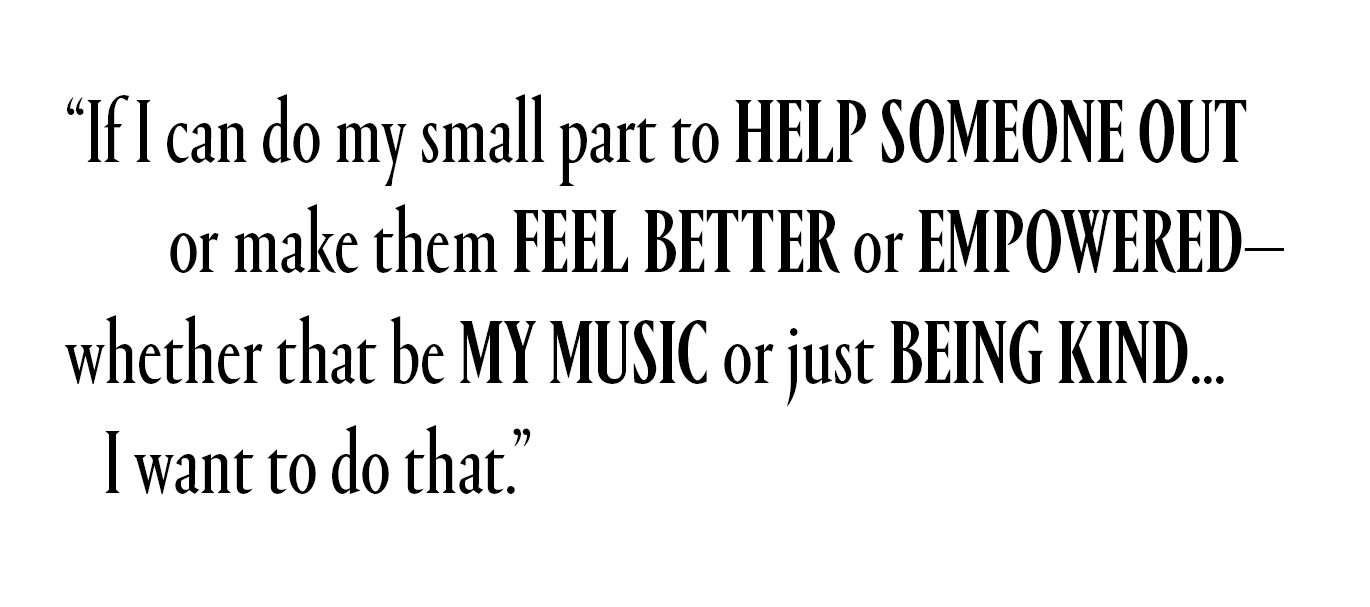
Justice was born with a view of the ocean, in Hollywood, Florida. Her parents divorced before she could remember. By the time her mom remarried, though, she was old enough to be the flower girl. Three years later, her sister Madison was born, and it's been like Christmas ever since—the pair still live together.
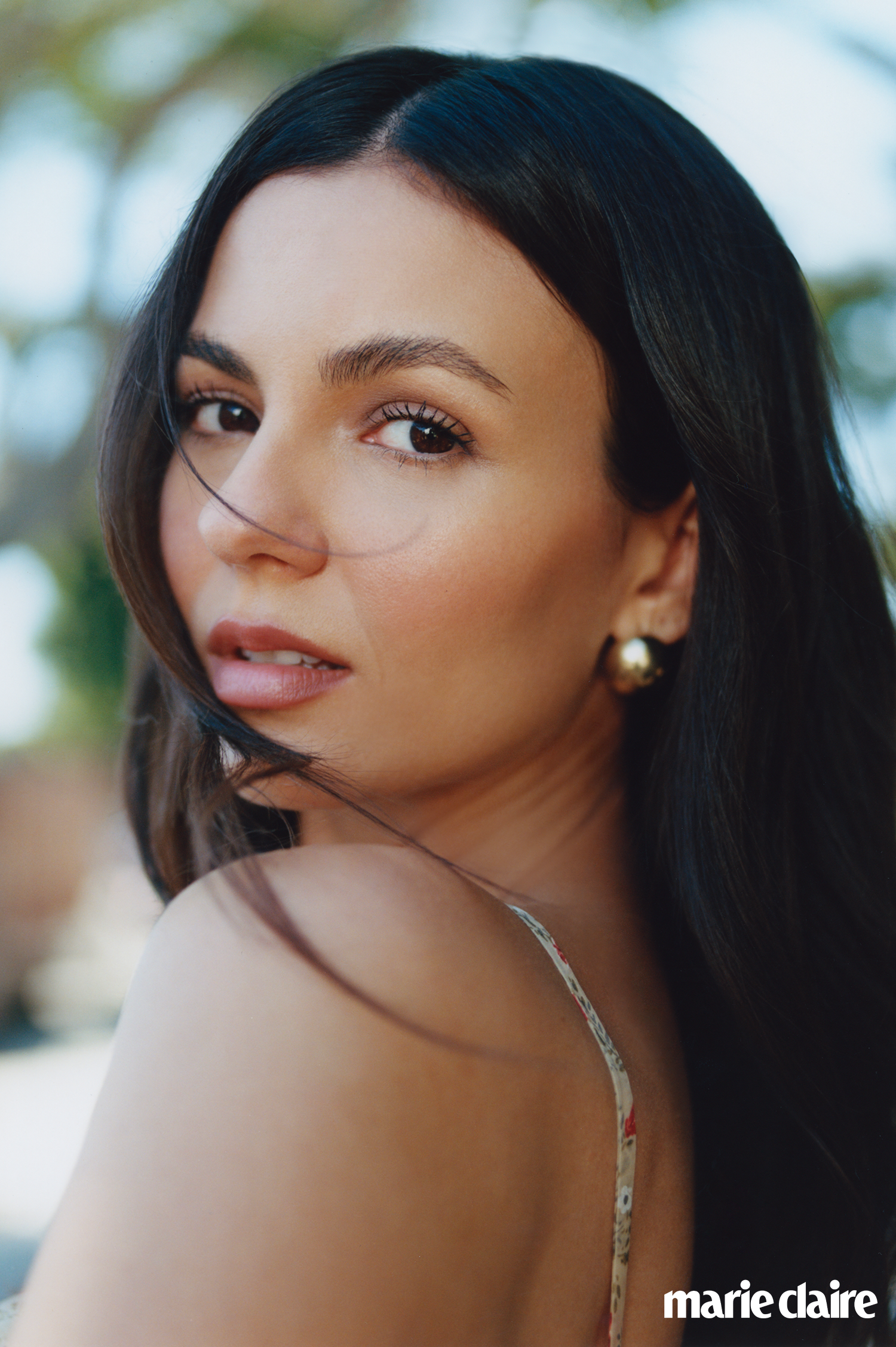
Completedworks earrings
During Justice's childhood, her mother, Serene, often worked from home, in telecommunication sales, while her stepfather was in seafood sales. Serene molded Justice's cultural leanings, showing her daughter movies like "Funny Girl" or playing music by Elton John, Carole King, and Stevie Wonder. "I was well versed in all of Motown by the time I was 10 years old," she says. But she didn't realize that she could do any of that—sing, dance, act, make people feel something—too. The eventual realization was as random as a lightning strike, and as powerful; she told her mom at the age of seven that's what she wanted to do, and that was that. "No one else in my family has ever been in the business or anything, but we lived 30 minutes from Miami—there's a big modeling scene over there, all that stuff,” Justice says.
Her mom was immediately supportive, taking headshots of Justice in their front yard and driving her to auditions. ("She's the most optimistic person I've ever met in my entire life," Justice says, of her mother. "She told me the other day that she goes to bed at night so excited to wake up the next day.") Her first professional gig was a commercial for Ovaltine, the powdered chocolate-drink mix. Justice and her mom drove to the audition with a canister of the beverage for good luck, and it worked—the budding star got the job. Even though she only had two lines—"It's chocolate-y!" and "Ovaltine is amazing!"—she was hooked, delighting in the feeling of being part of something bigger than herself.
By the time she was 11, Justice was itching to break into something slightly tricker: TV. She and her family moved to Los Angeles, where she enrolled in the musical theater program at the former Millikan Middle School (now called the Louis Armstrong Middle School), where she trained in singing, dancing, and acting for an hour each every day.

Gucci jacket, top, shorts, socks; Christian Louboutin shoes
A year after the move, she got her first big break: Nickelodeon's Zoey 101, the Jamie Lynn Spears vehicle about kids at a boarding school. Justice was already a fan of the show; she would watch it with her little sister, envious about how lucky those kids were. She was 12 when she landed an audition, and then a callback, and eventually a screen test. She was in the middle of filming a Hallmark movie when her agent called with the good news: Justice had gotten the part.
After three seasons of Zoey 101, where Justice's character Lola participated in classic sitcom hijinks like going undercover as a boy and sabotaging your best friend, Justice won the kid-actor lottery: not just her own show on Nickelodeon, but one that would allow her to pursue her two passions, singing and dancing. Hell, it even had her name in the title. That offer came from Dan Schneider, a former Nickelodeon showrunner who has recently been accused of workplace misconduct and sexual harassment by some of Justice's former peers in the recent documentary series, Quiet on Set: The Dark Side of Kids TV. (Schneider later sued the makers of the documentary for defamation.)
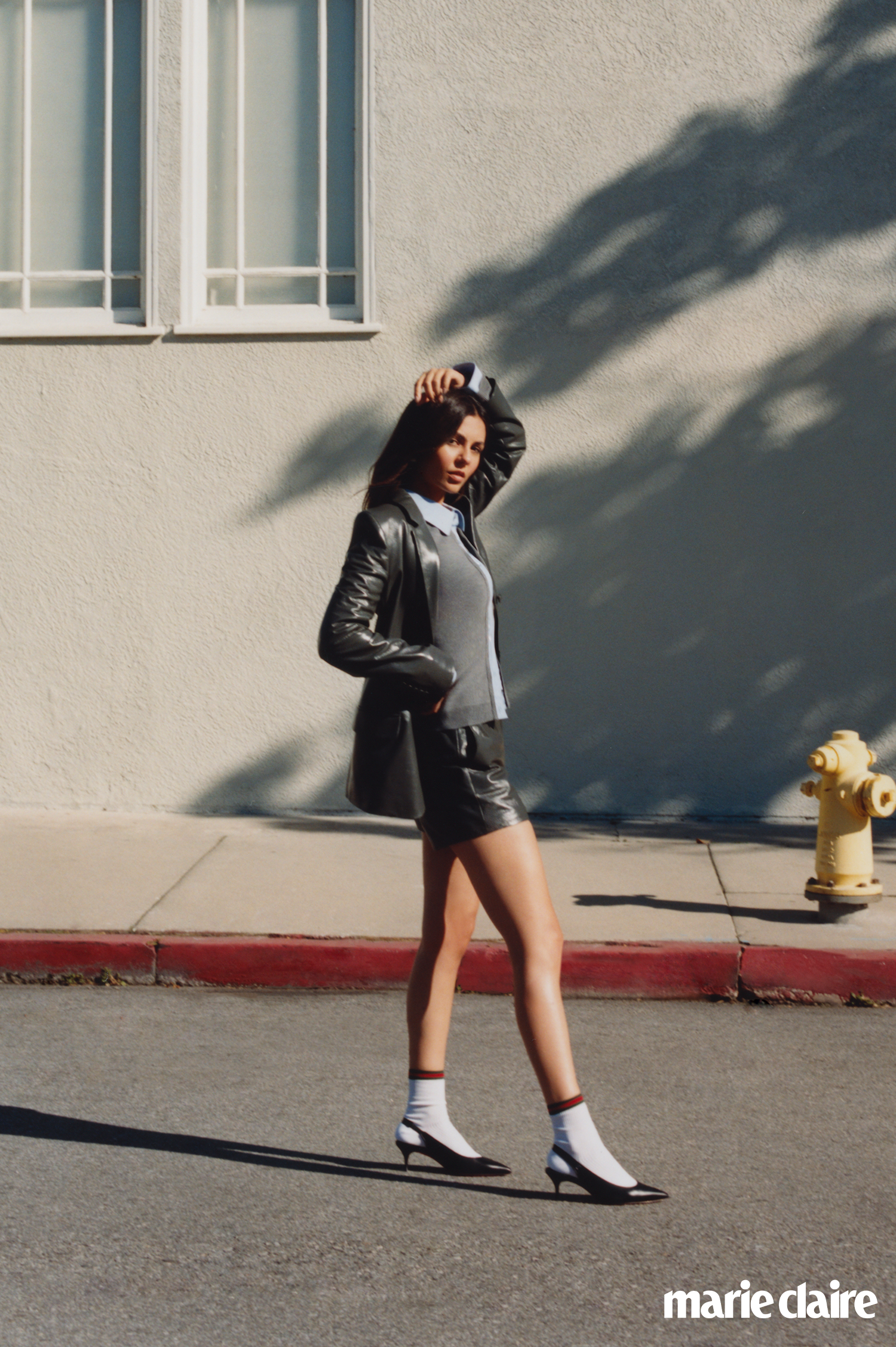
Gucci jacket, top, shorts, socks; Christian Louboutin shoes
While her experience working at Nickelodeon wasn't perfect, Justice defines it as, for the most part, positive. She credits the strong influence of her mother, who was never far from her daughter and always thinking about her future.
As far as the negatives: "Something that was very evident in the documentary is that Dan had a very large ego, and sometimes that ego clouded his better judgment and affected the way he treated people, and there were times I felt like I was being treated unfairly," she says, especially towards the end of her tenure. It was never anything sexual, she stresses, though one of the documentary's more damning charges was that Schneider snuck sexual overtones and double entendres into his children's programming.
In hindsight, Justice says there were certain moments that "were in poor taste." She asks me if I saw the response Schneider released after the documentary, wherein he addresses some of the allegations and admits that he owes apologies to many people. "I would say I'm definitely one of the people on that list," she says.
Aside from a couple virtual and in-person reunions with the casts of Zoey 101 and Victorious, Justice has rarely been in contact with Schneider since leaving Nickelodeon, save for receiving the occasional birthday text. "I'm not condoning any of his behavior," she says about her former boss, fiddling with her silver hoop earrings. "At the end of the day, my relationship with Dan is a very complex one: I met him when I was 12 years old, and he's the person that gave me this big break. He completely changed my life. Most likely I wouldn't be here where I am today if it weren't for him, and for him seeing something in me. For that I will always be grateful. After watching his apology, I think he recognizes that he did a lot of things wrong, and I think if he could step back into a time machine, he would do a lot of things differently."
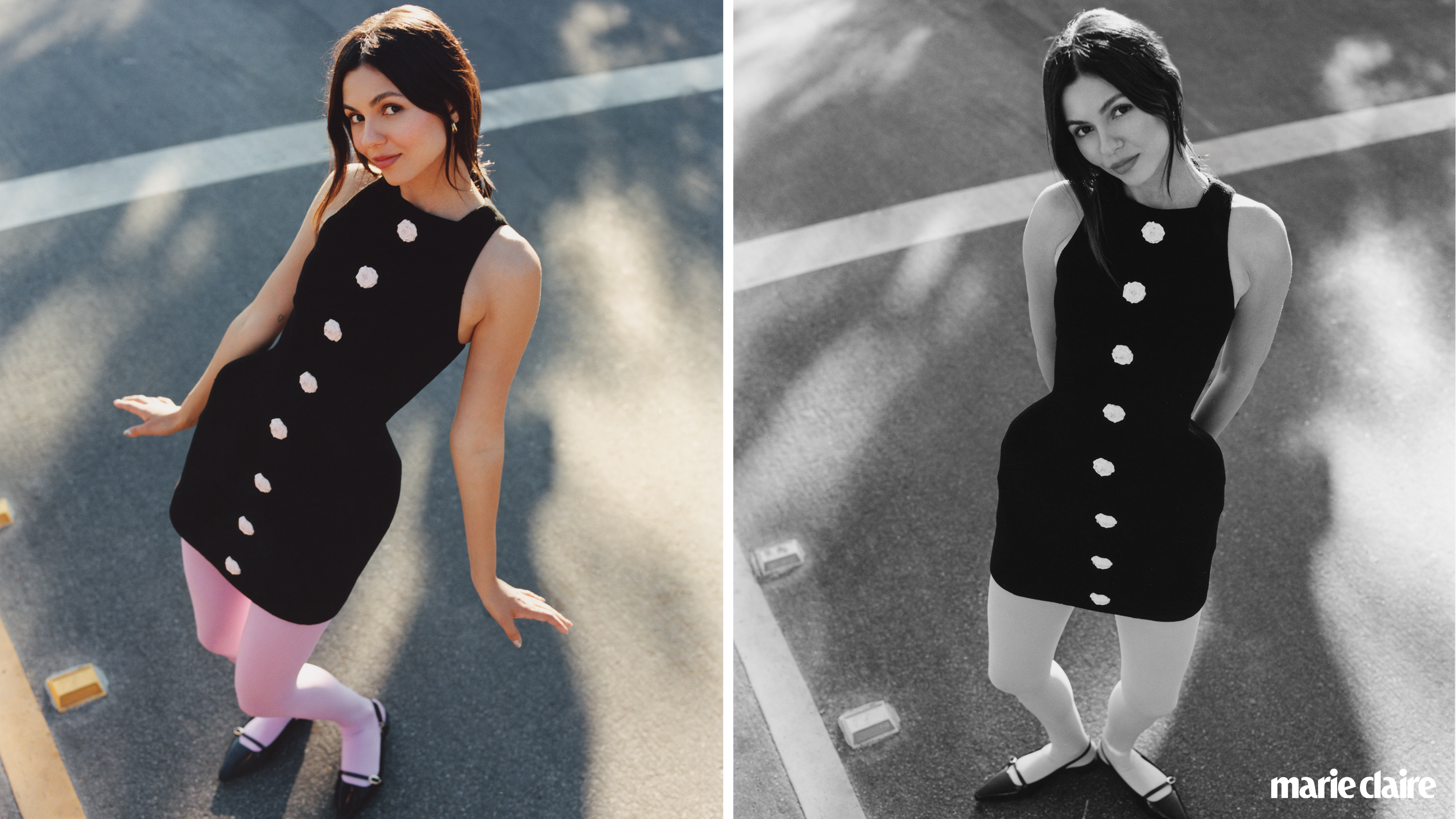
Balmain dress; Larroude shoes; Tiny Gods earrings
After Victorious ended, Justice moved away from music, eventually working on Netflix films like Afterlife of the Party and A Perfect Pairing. "I can't explain how rare it is to have someone who's so on the ball," says Robyn Snyder, who co-produced both films. "Sometimes it's hard for people who come up in kids TV to break those hammy habits, but she's not hammy—she's just funny. She knows how to mine the comedy, and knows how to mine the emotion."
But over the pandemic, the drive to record music started creeping back in. "Music was always something that I loved and was a part of me, and I knew that eventually I was going to come back to it," Justice says. "My goal is that I want whoever's listening to it to feel something from it—whether that's something emotional and heartbreaking or feeling sexy and empowered."
She and Gad got back in touch. "I saw a song that she had posted on her social media that she was singing, and she had a very soft, silky voice that I really liked," Gad says, referring to Justice's 2023 release of "Only a Stranger." He reached out to her, and they've been working together ever since, taking hikes or sitting by the fire at Gad's beach house in Baja California, having long talks that lead to lyrics that lead to songs.
"I don't think I've ever tried to sound like anyone else," Justice says, but that wasn't always the case. After a short stint at Columbia Records in 2013, Justice asked to be let out of her contract, unsure if she had found the best place for her. Part of that choice was to maintain musical integrity. "I remember the label sending me a song—a good pop song," she says, of her first non-soundtrack single, the pop-rock "Gold." "But it was just handed to me; it wasn't personal to me in any way." It could've been a hit for anyone—and that was the problem.
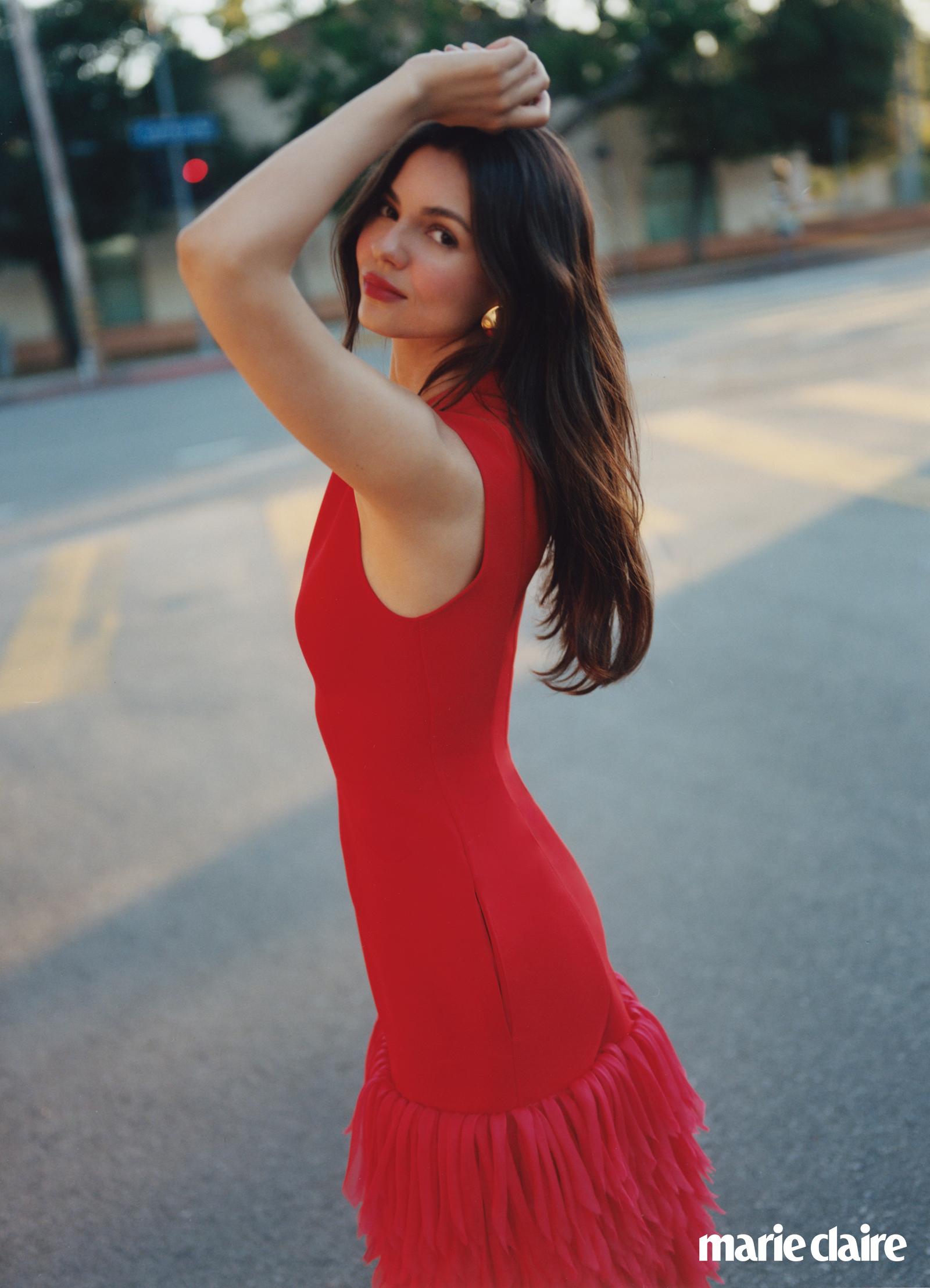
Stella McCartney dress; Mounser earrings
With a huge fanbase at her fingertips—more than 24 million Instagram followers—Justice decided to do her own thing. There is some poetry to it all, Justice growing up just as her fanbase has, too.
Still, it was a difficult transition, but Justice shrugs her shoulders. "Life goes on!" she says. Now, she relishes the creative control of being an independent artist, which brings her closer to the materiality of the music: she releases songs as they’re ready, without the pressure of needing a full album. Still, she acknowledges the challenges. "As gratifying as it is to have complete creative control, I would be lying if I said this route wasn’t more difficult in many ways," she explains. "It can be challenging doing all the things that the different departments at a label would do for you, on your own."
If the right deal came along, she would take it. "Being independent is hard because I'm fully self-funded. I'm not gonna get the major label push, or get on the playlist spots that all the other artists get. There's pros and cons to it." In its first week, "Raw" counted over 100,000 streams, a decent feat for a song with no industry backing.
Over our conversations, Justice stresses the importance of music that does something for the soul: she lays herself bare to make it easier for others to do the same. It's the big sister in her, that tendency to lead the way.
"There's a lot of crazy shit that goes on in this world, and a lot of people struggle in so many ways," Justice says. “If I can do my small part to help someone out or make them feel better or empowered—whether that be my music or just being kind to someone on the internet—I want to do that."
She tells me about the messages she gets from fans, thanking her for specific songs or simply just asking for a response, proof that someone could hear them and that they weren't alone. She responds whenever she can. She may be making the music, but she’s listening, too.
Photography by Agata Serge. Styling by Ashley Furnival. Hair by Ericka Verrett. Makeup by Tasha Reiko Brown. Manicure by Kimmie Kyees.
Jazmine Hughes is a writer living between New York and Mexico. In 2023, she won the National Magazine Award for profile writing.
-
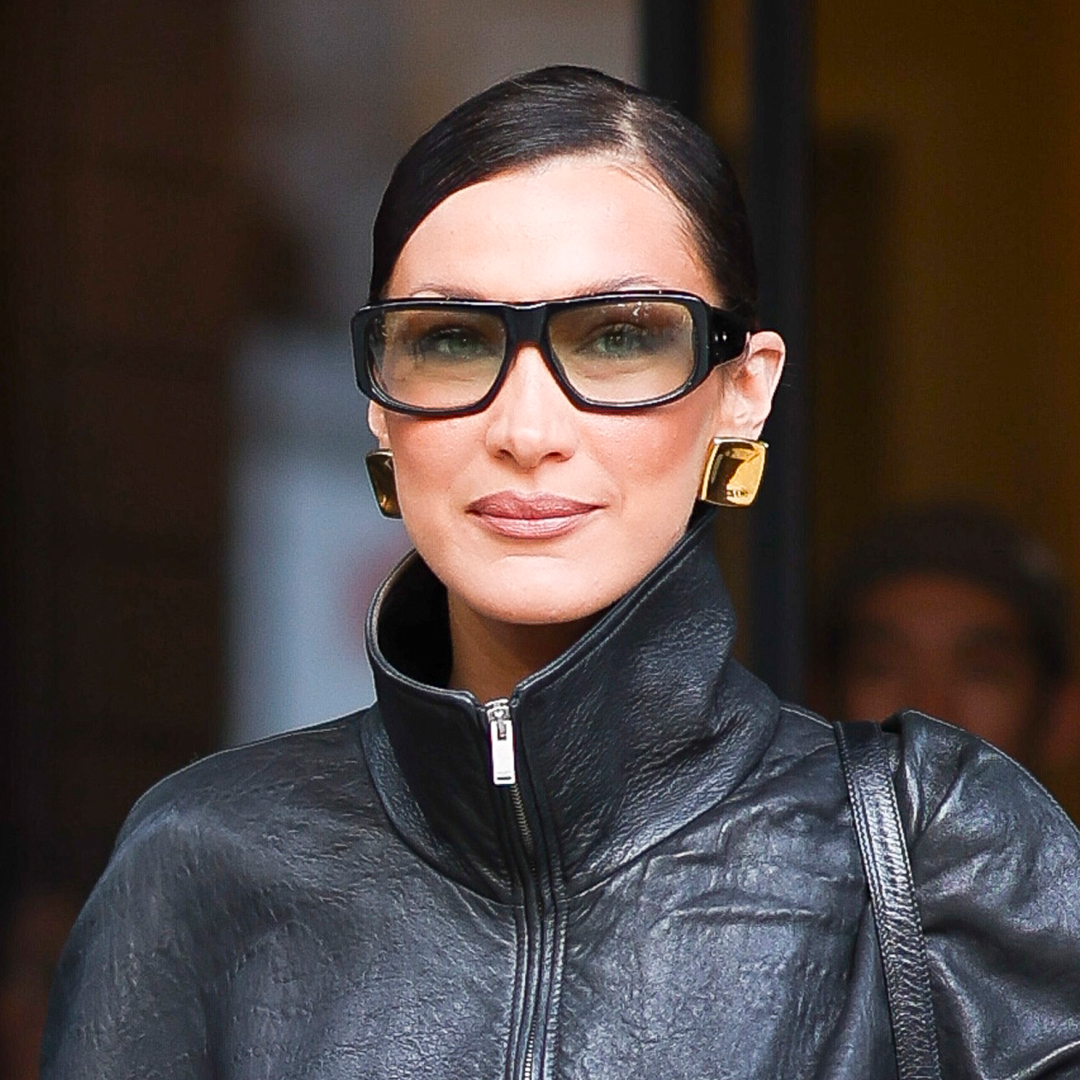 Bella Hadid Combines Two Controversial Y2K Denim Trends
Bella Hadid Combines Two Controversial Y2K Denim TrendsThe model carried her favorite $3,550 bag while filming Ryan Murphy's new show in Paris.
By Amy Mackelden Published
-
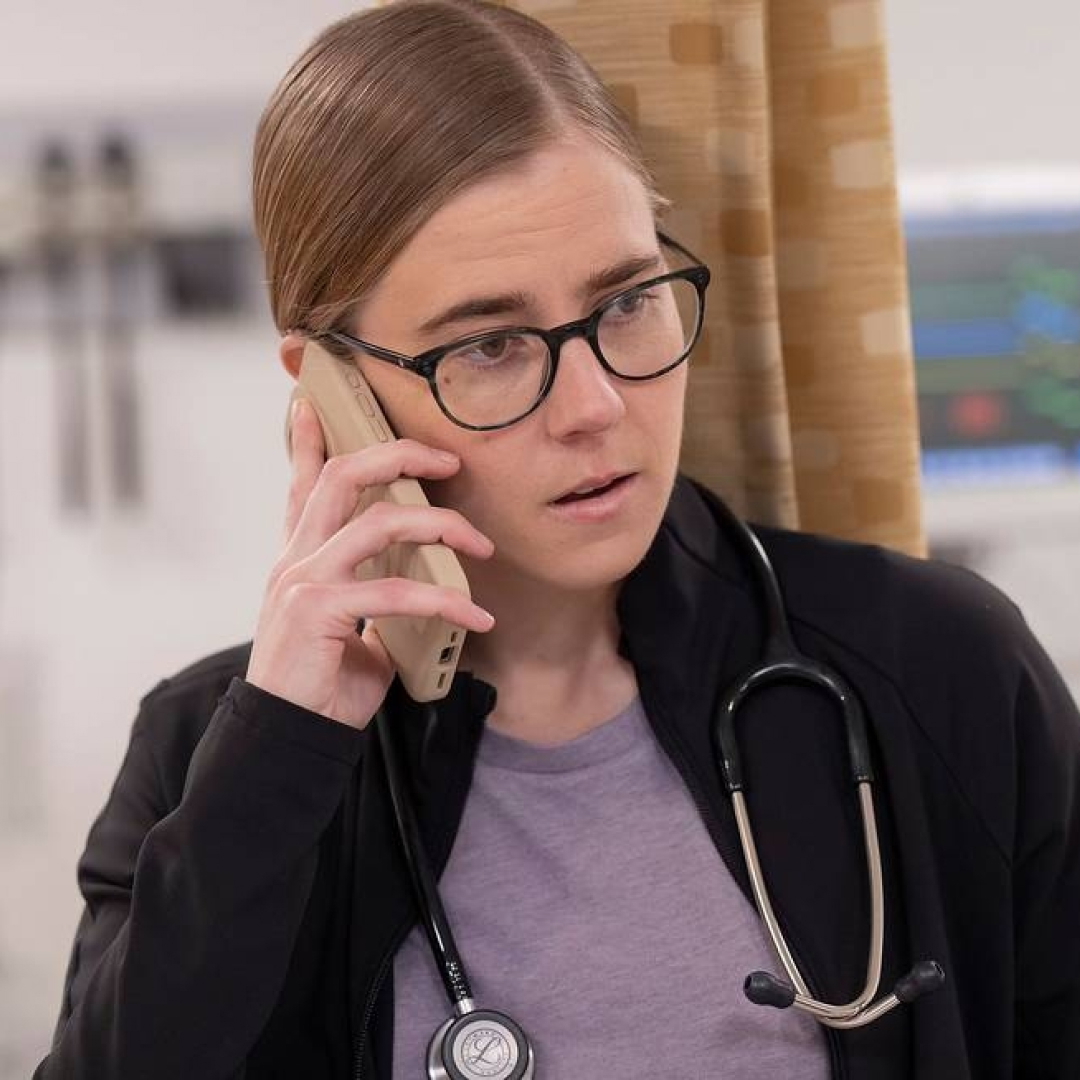 'The Pitt' Star Taylor Dearden Says She Sees Her and Dr. Mel's Neurodivergence as "a Superpower"
'The Pitt' Star Taylor Dearden Says She Sees Her and Dr. Mel's Neurodivergence as "a Superpower"Here's what to know about the Max series's breakout star, who just so happens to come from TV royalty.
By Quinci LeGardye Published
-
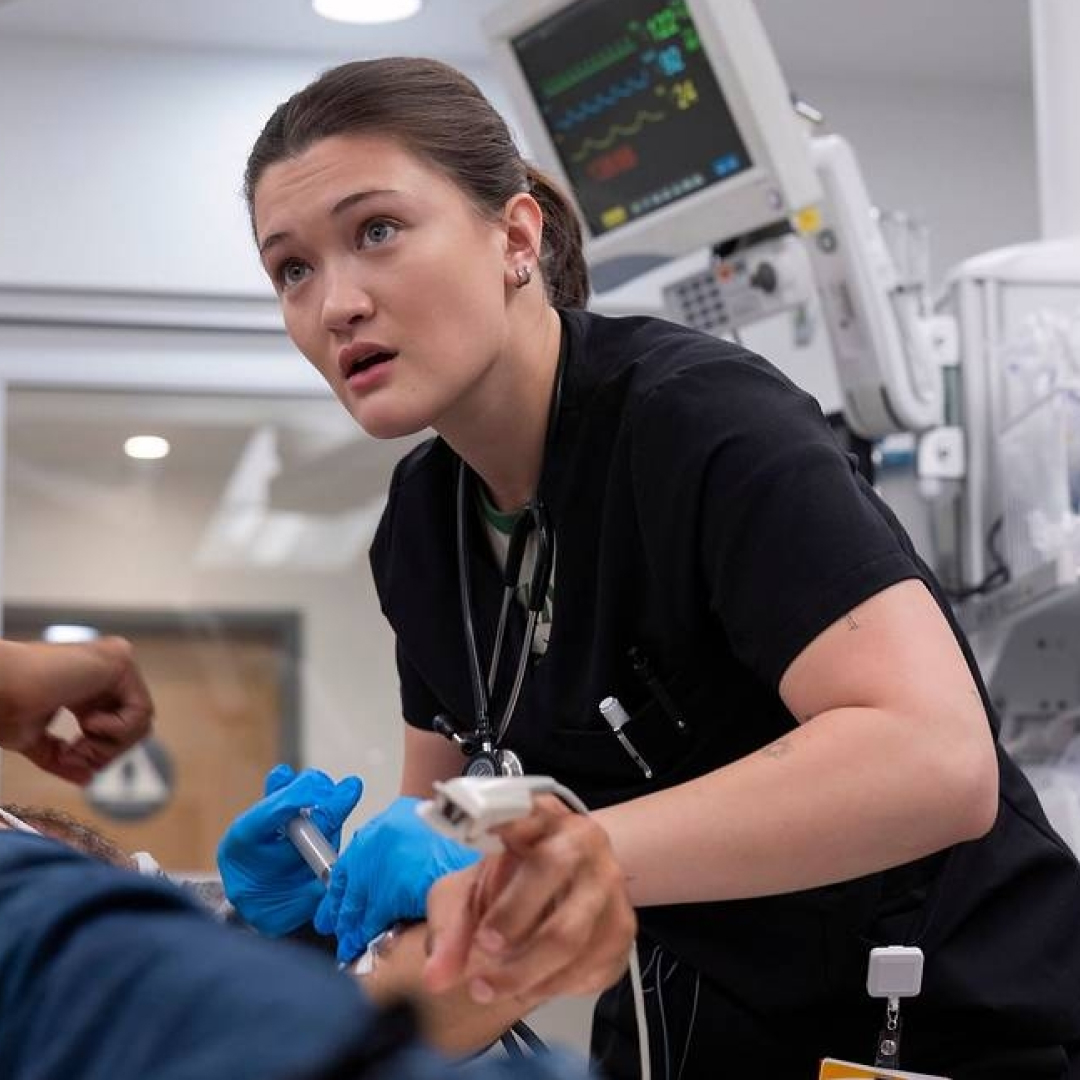 We Owe Trinity Santos From 'The Pitt' an Apology
We Owe Trinity Santos From 'The Pitt' an ApologyThe season finale of the smash Max series proved that the most unlikable character on TV may just be the hero we all need.
By Jessica Toomer Published